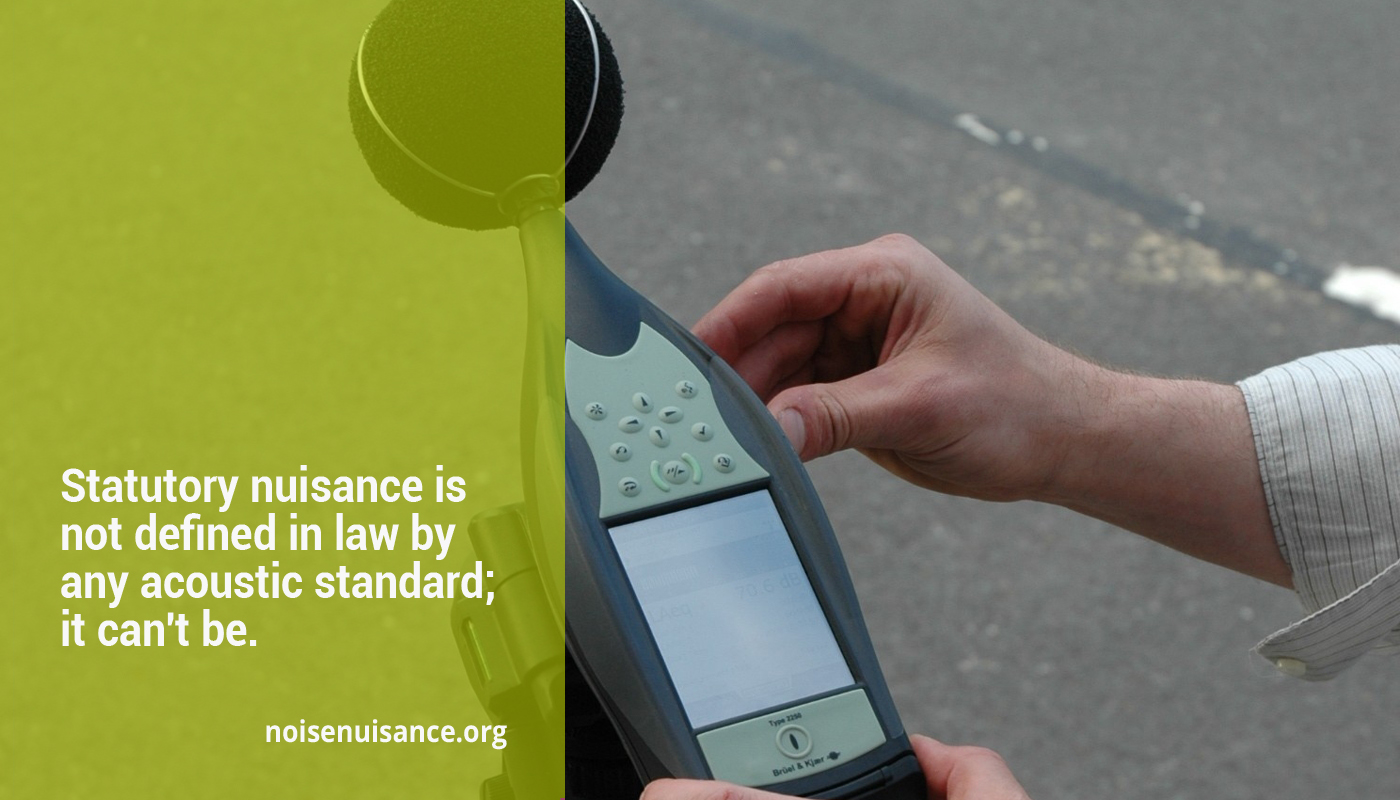Plant and Equipment
When it comes to noise generated by plant and equipment there are particular installations that frequently cause complaints. These include:
• Air conditioning units or plant;
• Refrigeration units or condensing equipment;
• Extraction and/or ventilation plant.
However, any mechanical, electrical or pneumatic equipment has the potential to cause unnecessary disturbance. The level of noise and likelihood of disturbance may be affected by any one or more of the following factors:
• Suitability of location for activity
• Choice of equipment
• Size/power/output
• Position in relation to any noise sensitive premises
• Use and suitability of any enclosures or screening
• Any measures taken to prevent structure borne noise
• Limiting hours of operation
Investigation
Often external equipment will require planning permission. It is worth checking whether the source has the correct permissions in place. At the application stage will usually be asked to demonstrate that noise from the equipment will achieve a specified limit below the background noise level. Conditions may be placed on it’s use including those relating to noise.
Regardless of planning permission any existing plant or equipment causing noise should be investigated by the local authority for it’s potential as causing a statutory nuisance. Ultimately the courts will determine whether the person responsible has taken the best practicable means of reducing or abating the nuisance.
Sound Level Ratings
British Standard BS4142 was updated in 2014. It provides a consistent approach to measuring noise from commercial and industrial noise from sources such as fixed plant and equipment. It is not used to determine whether a statutory nuisance exists but can be useful in indicating whether the noise is likely to affect people living in residential dwellings. There are also other methods of examining noise from particular plant or equipment; including noise rating curves. They can also determine whether a particular tonal component (frequency) of the sound is problematic and identify which plant or equipment is responsible for the noise.
When an officer investigates noise from plant and equipment he will not always measure sound levels, especially where the noise is very loud and intrusive, as it is not always necessary to.










